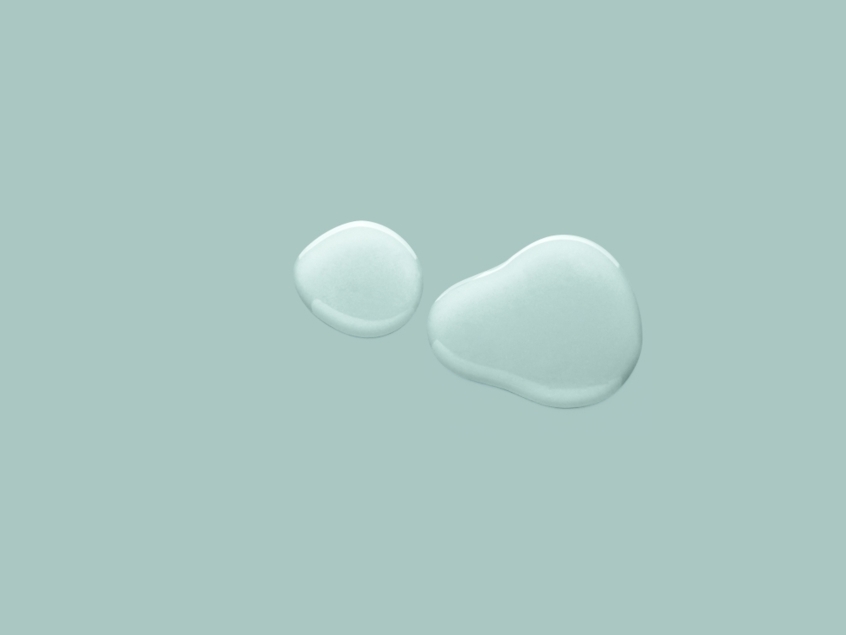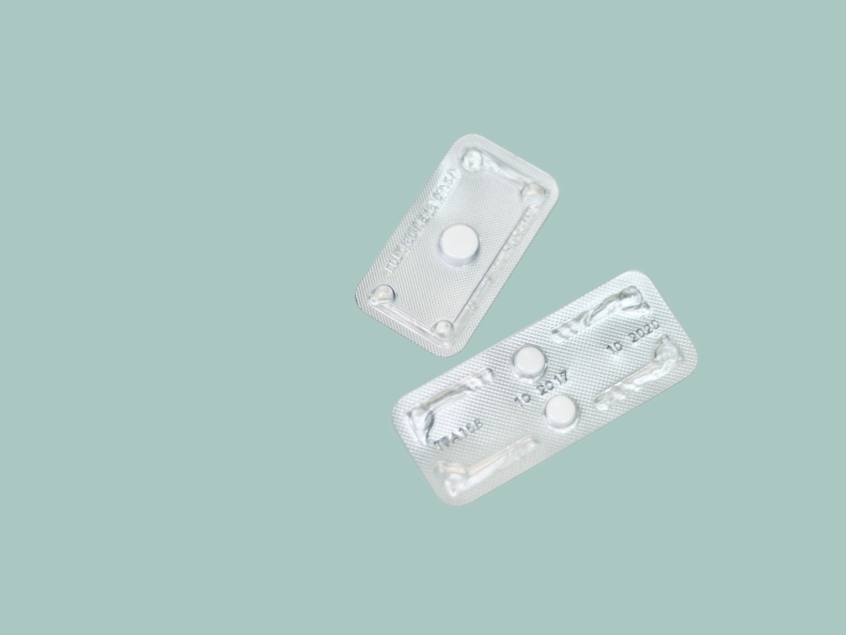Why Do I Continue to Produce Pre After Orgasm

Written by Meg Walters
The pull-out method has been shown to be one of the least effective methods of contraception, but lots of us are still using it to avoid pregnancy.
In fact, a 2013 report by the Centers for Disease Control and Prevention (CDC) found that 60 percent of the female population in the U.S. (or their partners) have used the withdrawal method at least once, making it one of the most common methods of contraception. And a 2015 study revealed that seven percent of female and six percent of male respondents claim that withdrawal is their only method of contraception.
Even though the pull-out method might seem convenient, it actually carries a few risks that could result in major inconvenience (to put it mildly). Withdrawal doesn't provide protection from sexually transmitted infections (STIs). And even if your partner pulls out before ejaculation, you may still be exposed to sperm cells in the form of precum.
So, what is precum? And can it get you pregnant? We asked the experts.
Take a quiz
Find out what you can do with our Health Assistant
What is precum?
Precum, also known as "pre-ejaculatory fluid," is the fluid that sometimes appears at the tip of the penis before ejaculation. This can happen at any time during arousal.
Contrary to what lots of people think, precum isn't actually the same thing as semen — even if it looks a lot like it! So, where does it come from? Well, precum is produced in the Cowper's glands and is made up of enzymes and mucus. So, in its purest form, precum doesn't actually contain any sperm cells at all. The problem is that precum often becomes contaminated with sperm during sex — more on that below.
Precum actually has quite an important job to do. It helps the urethra (the tube that transports sperm and urine) prepare to ejaculate semen.
As Dr. Peace Nwegbo-Banks, OB-GYN, explains, "The urethra serves two purposes in men — it allows for the passage of sperm and urine. Because urine has an acidic pH, this can affect sperm motility."
In other words, precum makes the urethra less acidic and, therefore, more hospitable for all of those sperm cells that are on their way.

Can you get pregnant from precum?
Something people often google is "Can you get pregnant from precum?" — and the answer is yes.
Even though precum doesn't naturally contain sperm, it can be contaminated with sperm. For example, a 2013 study found that 41 percent of people surveyed had traces of live sperm in their precum — although only 37 percent contained a "reasonable proportion" of motile sperm that could result in pregnancy.
"If [someone with a penis] has recently ejaculated, residual sperm can reside within the urethra," Nwegbo-Banks explains. So, in other words, yes, precum can deliver sperm to the vaginal canal and, in some cases, lead to pregnancy.
While it's impossible to tell if your partner's precum contains sperm, what we do know is that the withdrawal (or pull-out) method is very risky. In fact, a 2017 study found 20 percent of people relying on withdrawal for contraception ended up with an unintended pregnancy — the highest failure rate of any contraceptive method tested.
If you're not planning on getting pregnant, you're much better off using a different method of contraception. IUDs, birth control pills, and condoms have all been shown to be much more effective than the pull-out method.
Precum and STIs
Pregnancy isn't the only risk that comes with the pull-out method because precum can also spread STIs.
As the World Health Organization (WHO) explains, STIs are usually spread through sexual contact, and HIV, chlamydia, hepatitis B, and gonorrhea can be spread through fluids including — you guessed it — precum.
So the pull-out method can be pretty risky, especially if you're having casual sex or are unsure if your partner has been recently tested for STIs. It's also important to remember that conditions such as herpes and HPV can also be passed on through skin-to-skin contact, so while wearing a condom doesn't entirely eliminate the spread of those viruses, it does help a little.
Some frequently asked questions about precum
When does precum occur?
Precum occurs during arousal prior to ejaculation. Different people produce different amounts of precum. In some cases, the amount will be so small that it's not noticeable.
How much precum is normal?
A 2013 study found that the amount of precum produced was usually less than a teaspoon. In many cases, it's barely noticeable.
Can peeing after sex kill sperm cells from precum?
If you have used the withdrawal method and are worried about getting pregnant, unfortunately, peeing after sex won't help to kill any sperm cells that may have already made it to your vaginal canal.
As Nwegbo-Banks explains, urine comes from your urethra, so it won't interact with any active sperm cells in your vagina or uterus.
However, urine can kill sperm cells when it interacts with them. So, if your partner has recently ejaculated, they may be able to kill some —not all — of the remaining sperm cells in their urethra by urinating. If you then decide to use the withdrawal method after this, their precum will be less likely to contain high levels of sperm. Even so, you should use a condom if you're not planning for pregnancy and/or you and your partner haven't been recently tested for STIs.

What should you do if you've been exposed to precum through unprotected sex?
If you have used the withdrawal method, you may be at risk of becoming pregnant or contracting an STI. If you're not certain of the other person's STI status, it's a good idea to get tested. And if you don't want to get pregnant, emergency contraception is your best option.
There are two different types of emergency contraception pills. One contains levonorgestrel and needs to be taken within 72 of unprotected sex. The other contains ulipristal acetate and needs to be taken within 120 hours (5 days) of unprotected sex. Having a copper IUD inserted within 120 hours of unprotected sex also works for emergency contraception. You may wish to speak with your doctor about more effective long-term contraception methods.
stackhousewassittelly.blogspot.com
Source: https://flo.health/getting-pregnant/trying-to-conceive/sex-for-getting-pregnant/what-is-precum
Post a Comment for "Why Do I Continue to Produce Pre After Orgasm"